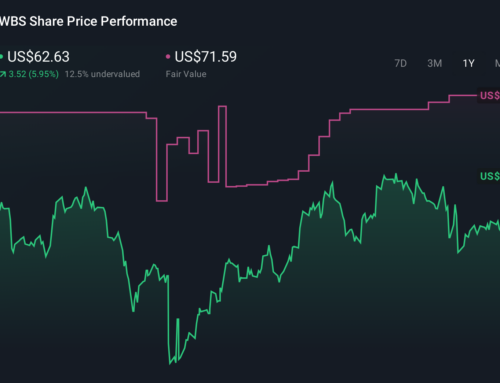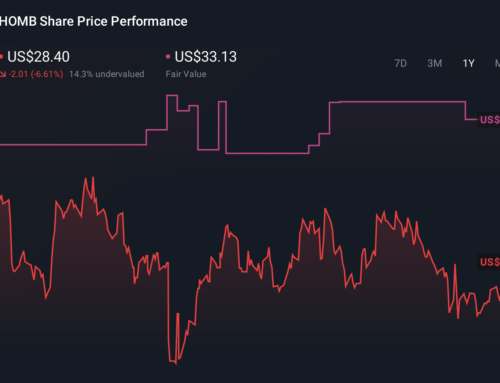Sen. Padilla Pushes, But DEA Nominee Terry Cole Won’t Commit to Cannabis Rescheduling
April 30, 2025
WASHINGTON, D.C. – During his confirmation hearing before the Senate Judiciary Committee on April 30, DEA administrator nominee Terrance Cole declined to commit to the proposed federal rescheduling of cannabis, leaving a critical policy question unresolved as the process transitions to new leadership under the Trump administration.
The popular and game-changing rescheduling proposal backed by Donald J. Trump to reclassify cannabis from Schedule I to Schedule III under the federal Controlled Substances Act (CSA) remains formally active but administratively paused by a DEA judge.
If enacted, rescheduling cannabis to Schedule III would formally acknowledge the accepted medical use of cannabis under federal law. It would also allow for FDA-supervised research and development of cannabis-based drugs.
Although cannabis would still be classified as a controlled substance and remain under the oversight of the DEA and FDA, reclassifying it to Schedule III would significantly benefit legal cannabis businesses by changing how they are treated under federal tax law.
Specifically, it would exempt them from the limitations of Section 280E of the Internal Revenue Code, which currently bars businesses trafficking in Schedule I or II substances from deducting ordinary business expenses. Due to this restriction, legitimate cannabis companies paid over $1.8 billion more in federal taxes in 2022 than comparable non-cannabis businesses, according to data from Whitney Economics.
Reclassification would not federally legalize recreational cannabis, authorize interstate commerce, or override any state-level prohibitions.
Reclassification was initiated nearly three years ago during the Biden administration. Still, on January 13, 2025, one week before President Trump took office, the DEA’s Chief Administrative Law Judge cancelled a public hearing scheduled for January 21 and ordered parties to check back in with him in 90 days.
There is no statutory deadline for the DEA to complete the rescheduling process, so the current pause could extend indefinitely.
Cole, a longtime DEA official nominated to be administrator in February, told lawmakers on April 30 that reviewing the agency’s stalled administrative process to move cannabis from Schedule I to Schedule III would be “one of [his] first priorities.”
Though cannabis was not mentioned in Cole’s opening remarks, he emphasized a focus on combating the fentanyl crisis and leveraging his 30 years in law enforcement to address cartel-related threats. “It’s time to move forward,” he said of the stalled rescheduling process.
But when pressed by US Senator Alex Padilla (D-CA) on whether he would ensure the proposed rescheduling is carried out, Cole would not commit. Here is a bit of back and forth between the two:
“I need to understand more where they are and look at the science behind it and listen to the experts and really understand where they are in the process,” Cole said.
Padilla, referencing the directive initiated in 2022, reiterated: “We know where we are. We know what the directive is: Get it to Schedule III. Are you committed to seeing it to fruition?”
Cole responded, “So, I don’t know. I haven’t seen that, sir.”
“So, you’re leaving the door open to changing course as to—?” Padilla asked.
“I’m leaving the door open to studying everything that’s been done so far, so I can make a determination, sir,” Cole said.
Padilla concluded the exchange by stating: “So, make myself a note here—no answer to that particular question.”
Cole’s confirmation hearing made clear that even though the administrative reins are about to change hands at the DEA, the political and legal path for cannabis rescheduling at the federal level remains stuck.
Search
RECENT PRESS RELEASES
Related Post





